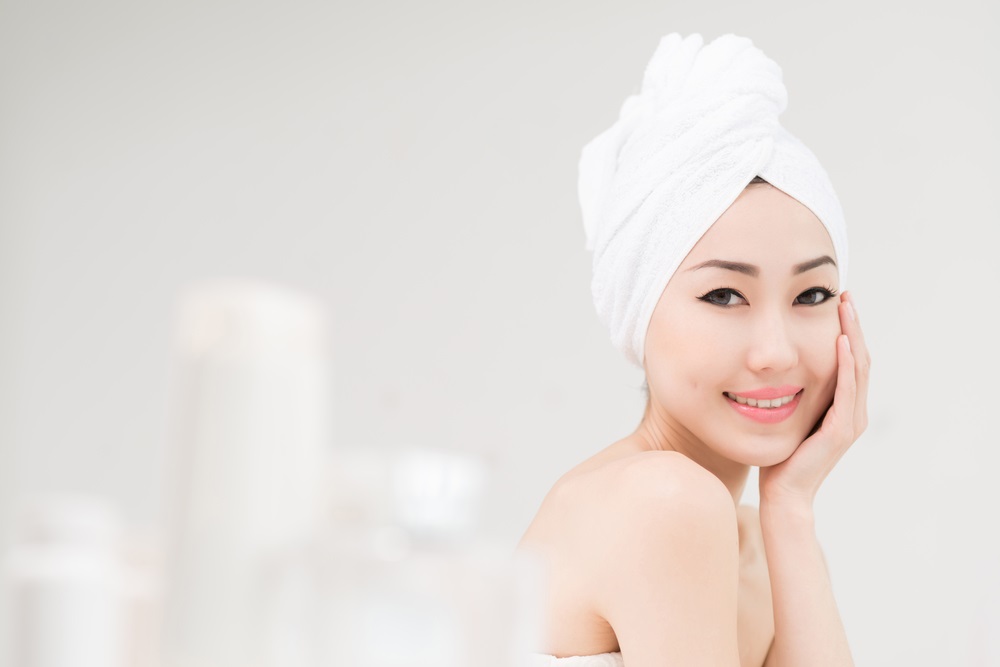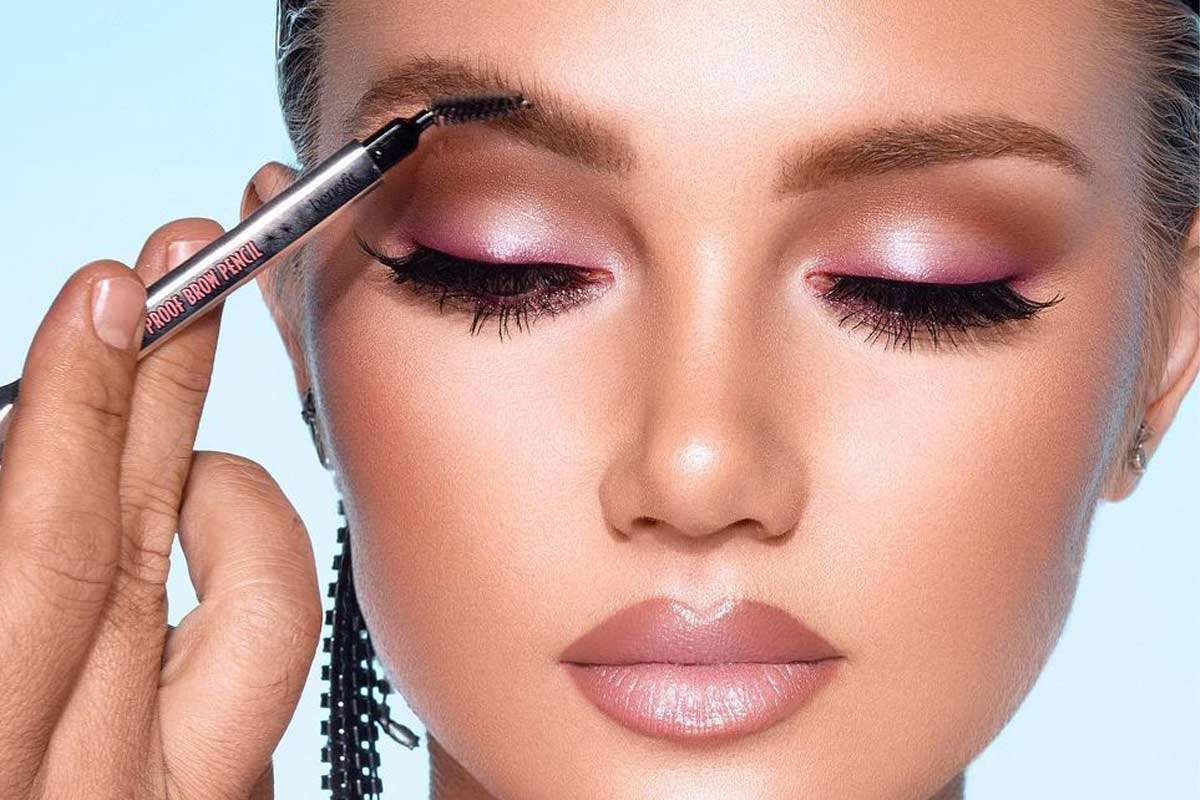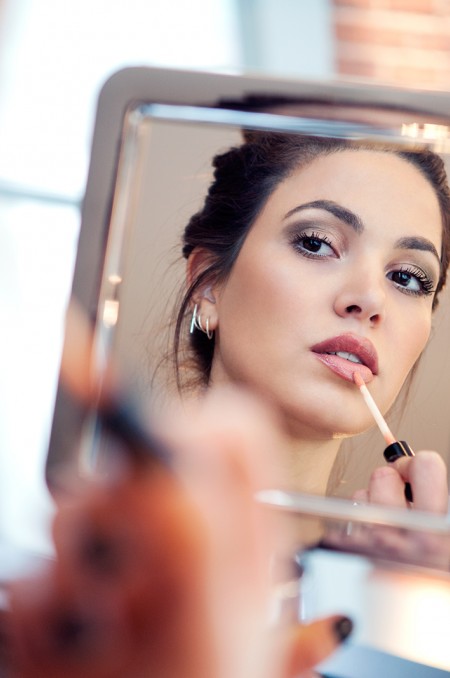The multifaceted purpose of makeup: Exploring its role in contemporary society
Related Articles: The multifaceted purpose of makeup: Exploring its role in contemporary society
Introduction
With enthusiasm, let’s navigate through the intriguing topic related to The multifaceted purpose of makeup: Exploring its role in contemporary society. Let’s weave interesting information and offer fresh perspectives to the readers.
Table of Content
The multifaceted purpose of makeup: Exploring its role in contemporary society

Makeup, an art form dating back millennia, has transcended its initial practical purpose to become a powerful tool of self-expression, social interaction, and personal empowerment. Its multifaceted nature manifests in various ways, encompassing aspects of beauty, confidence, creativity, and cultural significance. Understanding the purpose of makeup in the 21st century requires delving into its diverse applications and the profound impact it holds on individuals and society as a whole.
Beyond Aesthetics: Unpacking the Purpose of Makeup
Traditionally, makeup served primarily as a means of enhancing physical appearance. This remains a significant purpose, with individuals utilizing makeup to accentuate their features, conceal imperfections, and achieve a desired aesthetic. However, contemporary makeup goes far beyond merely enhancing beauty; it offers a platform for personal expression, cultural identity, and even social commentary.
1. Self-Expression and Individuality:
Makeup provides a canvas for self-expression, enabling individuals to showcase their unique personalities and style. The choice of colors, textures, and application techniques becomes a form of visual storytelling, allowing individuals to communicate their mood, personality, and artistic inclinations. From a bold red lip expressing confidence to a subtle smoky eye conveying sophistication, makeup becomes a powerful tool for self-representation.
2. Confidence Boost and Empowerment:
The act of applying makeup can be a ritual of self-care and empowerment. The process of enhancing one’s appearance can boost self-esteem and confidence, leading to a more positive self-image. This sense of empowerment extends beyond the physical, enabling individuals to feel more comfortable and confident in social situations, professional settings, and personal interactions.
3. Cultural Identity and Representation:
Makeup plays a crucial role in expressing cultural identity and heritage. In many cultures, traditional makeup practices have evolved over centuries, becoming integral to rituals, celebrations, and everyday life. These practices serve as a visual representation of cultural values, beliefs, and traditions, fostering a sense of belonging and pride.
4. Artistic Expression and Creativity:
Makeup transcends its practical applications to become a form of art. Makeup artists and enthusiasts utilize their skills to create intricate designs, elaborate transformations, and stunning visual effects. This creative expression allows individuals to explore their artistic talents, push boundaries, and challenge conventional beauty standards.
5. Social Interaction and Communication:
Makeup plays a role in social interaction, acting as a form of non-verbal communication. The choice of makeup can convey a range of emotions, intentions, and social cues. For example, a bright, vibrant makeup look might signal a celebratory mood, while a more subtle, natural look might suggest a professional setting.
6. Social Commentary and Challenging Norms:
Makeup can be used as a tool for social commentary and challenging societal beauty standards. By subverting traditional beauty norms or embracing unconventional aesthetics, individuals can make statements about body positivity, inclusivity, and self-acceptance. This use of makeup empowers individuals to challenge the status quo and promote diversity in beauty.
7. Professional Applications:
In professional settings, makeup can be utilized to project a specific image and enhance a professional persona. From actors and models to presenters and performers, makeup plays a crucial role in creating a desired look and conveying professionalism.
8. Therapeutic Benefits:
The act of applying makeup can be therapeutic, offering a form of mindfulness and self-care. The focus on detail and precision can be calming and meditative, providing a sense of accomplishment and satisfaction.
9. Historical and Cultural Significance:
Throughout history, makeup has held significant cultural and historical importance. From ancient Egyptian rituals to Victorian beauty standards, makeup has reflected societal values, beliefs, and artistic trends. Understanding the historical context of makeup provides insights into the evolution of beauty ideals and the role of cosmetics in shaping cultural narratives.
FAQs on the Purpose of Makeup:
1. Is makeup necessary for beauty?
Makeup is not necessary for beauty. True beauty lies in individual uniqueness and self-acceptance. Makeup is a tool for enhancing one’s appearance and expressing oneself, not a requirement for attractiveness.
2. Is makeup only for women?
Makeup is not exclusive to any gender. Men have long used makeup for various purposes, from enhancing their appearance to expressing creativity. The increasing visibility of men wearing makeup challenges traditional gender norms and promotes inclusivity.
3. Does makeup have a negative impact on skin?
The impact of makeup on skin varies depending on the ingredients and application practices. Choosing high-quality, hypoallergenic products and practicing proper hygiene can minimize potential risks.
4. Is makeup solely about enhancing physical appearance?
While enhancing physical appearance is a significant purpose, makeup extends far beyond that. It serves as a form of self-expression, empowerment, cultural representation, and artistic expression.
5. Is there a right or wrong way to wear makeup?
There is no right or wrong way to wear makeup. The beauty of makeup lies in its versatility and ability to be customized to individual preferences and styles.
Tips for Using Makeup Effectively:
1. Choose high-quality products: Opt for products formulated with safe, non-irritating ingredients.
2. Practice proper hygiene: Regularly clean brushes and tools to prevent bacteria buildup.
3. Start with a clean canvas: Cleanse and moisturize skin before applying makeup.
4. Experiment with different techniques: Explore different makeup looks and styles to find what suits you best.
5. Embrace individuality: Use makeup to express your unique personality and style.
6. Focus on confidence: Utilize makeup to boost your self-esteem and feel more confident in your own skin.
7. Be mindful of cultural sensitivity: Respect cultural practices and traditions surrounding makeup.
8. Consider the occasion: Choose makeup looks appropriate for different settings and events.
9. Embrace the art of makeup: Explore the creative potential of makeup and enjoy the process of self-expression.
Conclusion:
The purpose of makeup is multifaceted and evolving. From enhancing physical appearance to expressing individuality, cultural identity, and artistic creativity, makeup plays a significant role in contemporary society. By understanding its diverse applications and the profound impact it holds, individuals can harness the power of makeup to empower themselves, connect with others, and celebrate their unique beauty. Ultimately, the purpose of makeup lies in its ability to enhance and express the beauty that resides within each individual.








Closure
Thus, we hope this article has provided valuable insights into The multifaceted purpose of makeup: Exploring its role in contemporary society. We appreciate your attention to our article. See you in our next article!